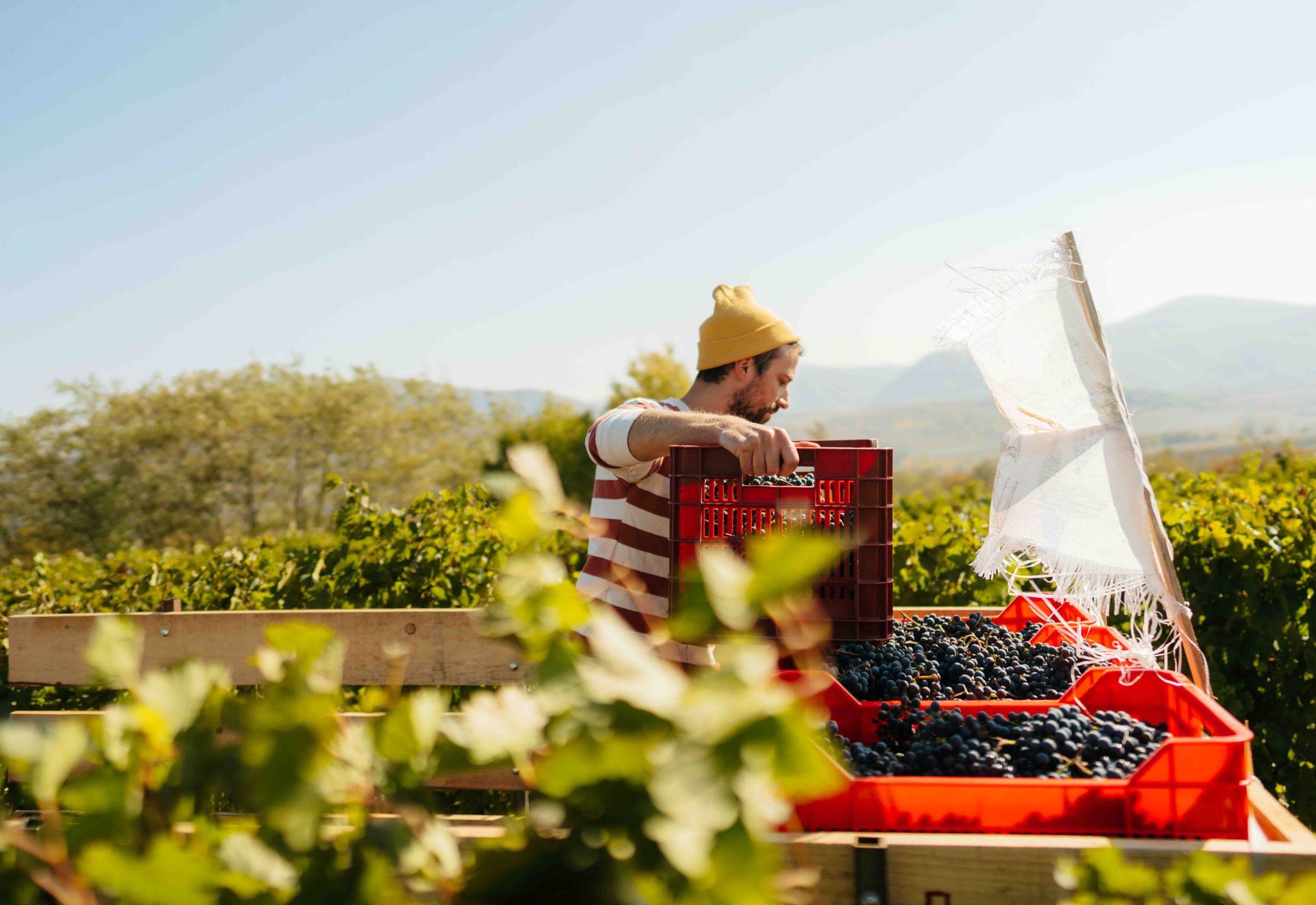On November 28, the Chinese government began placing tariffs ranging from 107 to more than 200 percent on all Australian wine imports, striking a blow to the country’s $1.2 billion-a-year industry. The news has caused much uncertainty for Australian winemakers, with Trade Minister Simon Birmingham saying this would result in a “hellishly tough time for Australia’s winemakers.”
So why have these hefty wine tariffs been implemented and how has the wine industry at large – not just that in Australia – responded?
Why have the tariffs been imposed?
In August 2020, the China Alcoholic Drinks Association (CADA) requested the Chinese Ministry of Commerce (MOFCOM) launch two separate anti-dumping and countervailing duties investigations on Australian wine in China. This meant that from November 28, importers of Australian wine entering China were required to pay temporary “anti-dumping security deposits”, due to the accusation that Australian producers have been selling wine for below the cost of production.
“There is dumping of imported wines originating in Australia … [and] it has been substantive,” China’s Commerce Ministry said in a statement on its website.
“There is a causal relationship between dumping and material damage and it has been decided to implement temporary anti-dumping measures … in the form of a deposit from November 28.”
Previously, under the China-Australia Free Trade Agreement, tariffs for Australian wine exported into China were eliminated, which helped to to fuel significant growth in the market. Now, wine passing through customs on entry into China will face these tariffs, significantly increasing the cost of the product for the consumer in China.
It is important to note that it is not only Australia’s wine industry that has seen these tariffs come into play as well as the banning of products, including the likes of barley, coal, beef, lobster, copper ore and concrete.
Industries response
The announcement of these tariffs come as a huge blow for the country’s wine industry, with China making up 37 percent of Australian wine exports, worth more than $800m. In his statement , Mr Birmingham said that this is a very distressing time for the wine industry and is an “unjust” move by the Chinese government not backed by evidence.
“Australia defends to the hilt our winemakers, their integrity, and the commercial market-based proposition and environment in which they operate,” he said. “The idea that Australia somehow subsidises our wine industry for it to be able to dump or sell its product below cost on international markets is a falsehood.”
It’s not only Australia that has projected its frustration regarding the tariffs. The Inter-Parliamentary Alliance on China (IPAC), consisting of more than 200 MPs from a range of political parties and representing 19 country legislatures, launched its #SolidaritywithAustralia campaign to convince people to buy and drink Australian wine in December. The Alliance released a video showing MPs from Japan, Italy, Germany, the United States and even Australia’s wine-producing rival New Zealand, urging their citizens to enjoy Australian wine during December.
The country’s peak representative organisations for the Australian wine sector, Wine Australia and Australian Grape & Wine, have announced they are working in close collaboration with the Australian Government to monitor and support the sector’s interests in these investigations. Though refuting the claims of dumping, they say the Australian wine sector has fully cooperated with the investigations thus far and will continue to do so until the investigations conclusion in November 2021.
Where to next?
As trade tensions with China heat up, it has been warned more Australian industries could soon be hit with tariff disruptions. This follows trade disputes earlier this year over Australian exports including wine, beef, seafood and barley.
IBISWorld senior industry analyst Liam Harrison said honey, dairy, fruit, pharmaceuticals and mining exports could be next on the list due to their exposure with the Chinese market. This comes at a critical time for these industries that have already faced challenges in exporting products due to the impact of coronavirus. These incidents all add weight to the calls from industry bodies to diversify export markets, but also bring more production and manufacturing back onto Australian shores. This could pave the way for more growth and stronger government support and investment of the local market into the future.
If you’re looking for staff, partner with an agency that understands the specific needs of the wine and agricultural industry and contact us today.



